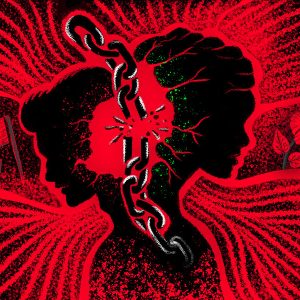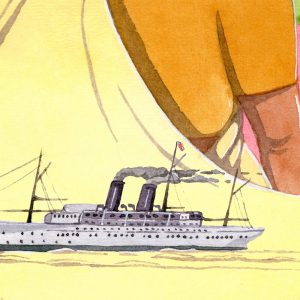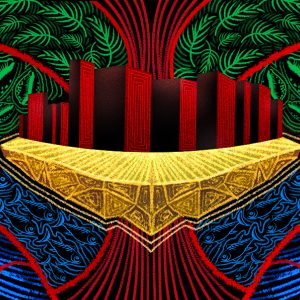Translated from Chinese by Natascha Bruce
My name is Ho Sok Fong, and I am a Malaysian writer of Chinese-language fiction. In 2019, Lake Like a Mirror, a collection of my short stories, was translated into English by Natascha Bruce. The collection is about Malaysian women in troubled circumstances, about their solitary lives, and each story focuses on the tiny details of a particular experience. No matter how you look at it, be it in terms of form, or in terms of voice, the book is a work of minor literature. It’s part of a literary field we call ‘Mahua’.
Mahua literature is one of Malaysia’s most unique cultural assets, deeply rooted in local customs and social conditions. And in this multi-ethnic, multi-lingual place, Mahua writers are not the only minoritarian literary community. There are also Indian and indigenous writers, as well as those of all ethnicities – Malay writers among them – who persist in working against the mainstream, creating their own distinctive literatures.
While we Mahua writers choose to write in our mother tongue, our Chinese language diverges from conventional Chinese grammar. Our literary tastes might seem strange to readers from other Sinophone regions. Our writing absorbs local sayings, including words from across languages and dialects, creating a hybrid style and tone. We call this language huayu or huawen, which can be translated as ‘Chinese-language’ or ‘Sinophone’, to distinguish it from the Chinese or zhongwen writing from mainland China.
When writing does not come to the defense of grammar, when fiction is infused with colloquialisms, it produces a feeling at once familiar and oddly new. It might read as rough, clumsy, even vernacular, but then again it might feel smooth, elegant, intensely vital. It’s hard to say how we should classify the language of Mahua literature – perhaps there is no ‘should’, just a series of endlessly shifting maybes. Sometimes we might be very colloquial, sometimes only a little. It depends on the story and intended feel.
As writers we are always striving to engage, to respond to the work of our predecessors, to express our difference, to imbue our stories with a particular sense of place. Of course there cannot be only one mode of expression. Sometimes, using the language of the places where we grew up might make us think of tradition, and restriction, and sometimes this makes me feel conflicted about using it in my own writing. But during the creative process we’re experiencing re–memory, and regaining an ability to listen. Especially to slang, which is so often forgotten in written language, suppressed by grammar. Many of the words we have adopted from Malay, such as sabun for ‘soap’, geli for ‘prickle’, rasa for ‘taste’, relate to the body and bodily sensations, and these words slip very naturally into the spaces of our daily lives, for example in the kitchen, or at the dining table. And all this hybrid language assembles, collage-like, in my stories.
Malaysia’s Chinese-speaking population grows smaller by the year. Already, it has dropped to twenty percent, and as a result the market for Mahua literature is small. It is officially excluded from the government’s definition of Malaysian national literature. And yet, despite these difficult circumstances, despite insufficient resources, Mahua literature itself is lively, it seeks to perform, it desires to express its difference differently, in a dignified way. We continue to write what we truly want to write, to publish poems, essays, fiction – we are not waiting for readers to choose us, we’re allowing our books to choose our readers.
Maybe, the political marginalisation of Mahua literature has caused its minor-ness to become even more embedded in its language. And maybe precisely because it has so little commercial or material benefit inside Malaysia, those who do write in Chinese are committed to exploiting its performative potential, and to using language to express the experience of marginalisation of all kinds, be it political, or social, or on the basis of sexuality, gender, or trauma.
In order to express that which is hard to express, we have to write no matter what. The sentences might be full of holes but the holes let emotion through, and emotion vibrates beneath the surface. We cannot demand that the language of minor literature be judged against the aesthetics of major literature, especially when brokenness and hybridity have become such intrinsic parts, like flesh, or water. We hear and connect with one another through the wordless quiet that exists within the fractures, and the blemishes.
Photo by James Tennant.
Subscribe for new writing
Sign up to receive new pieces of writing as soon as they are published as well as information on competitions, creative grants and more.



